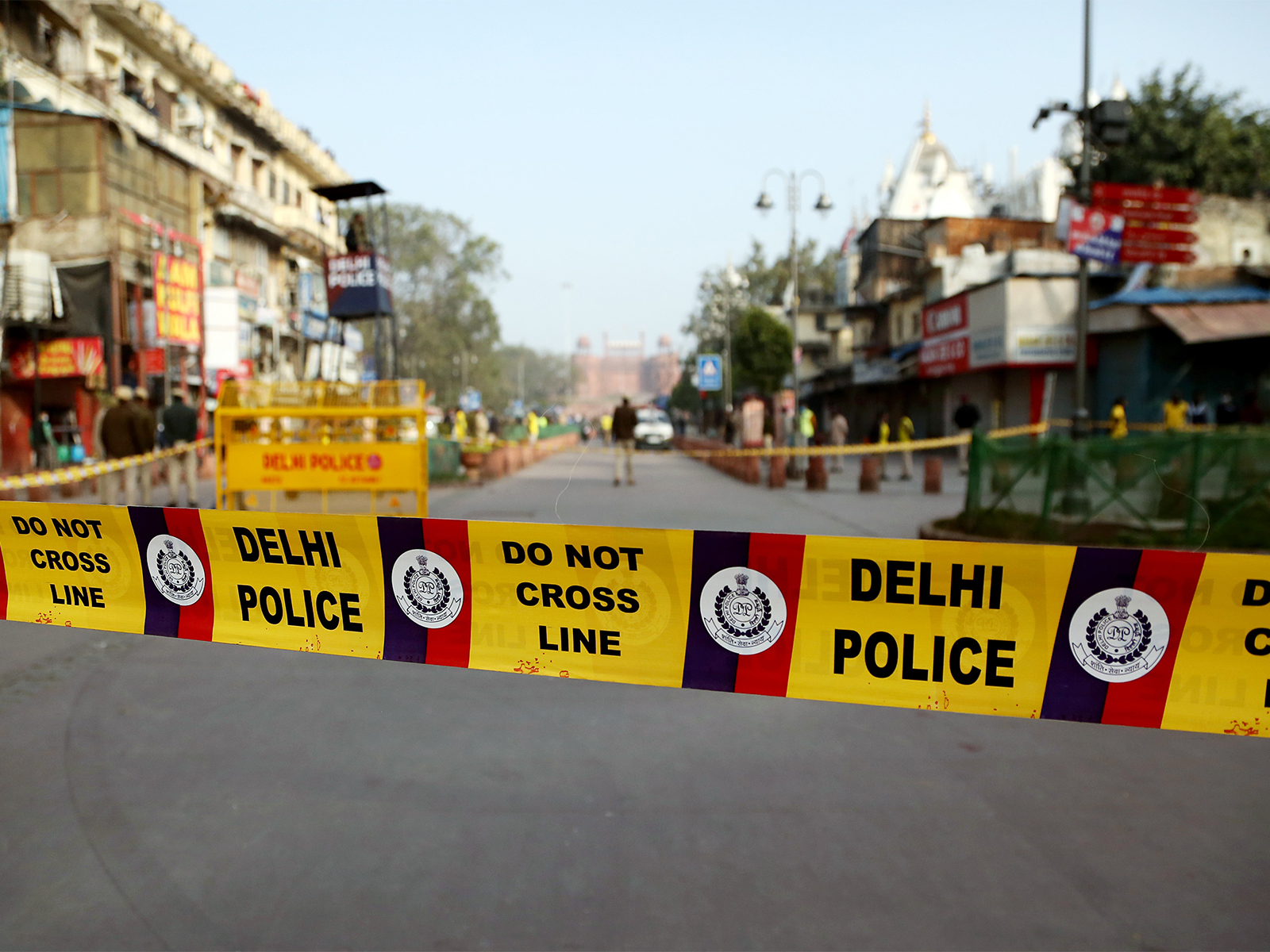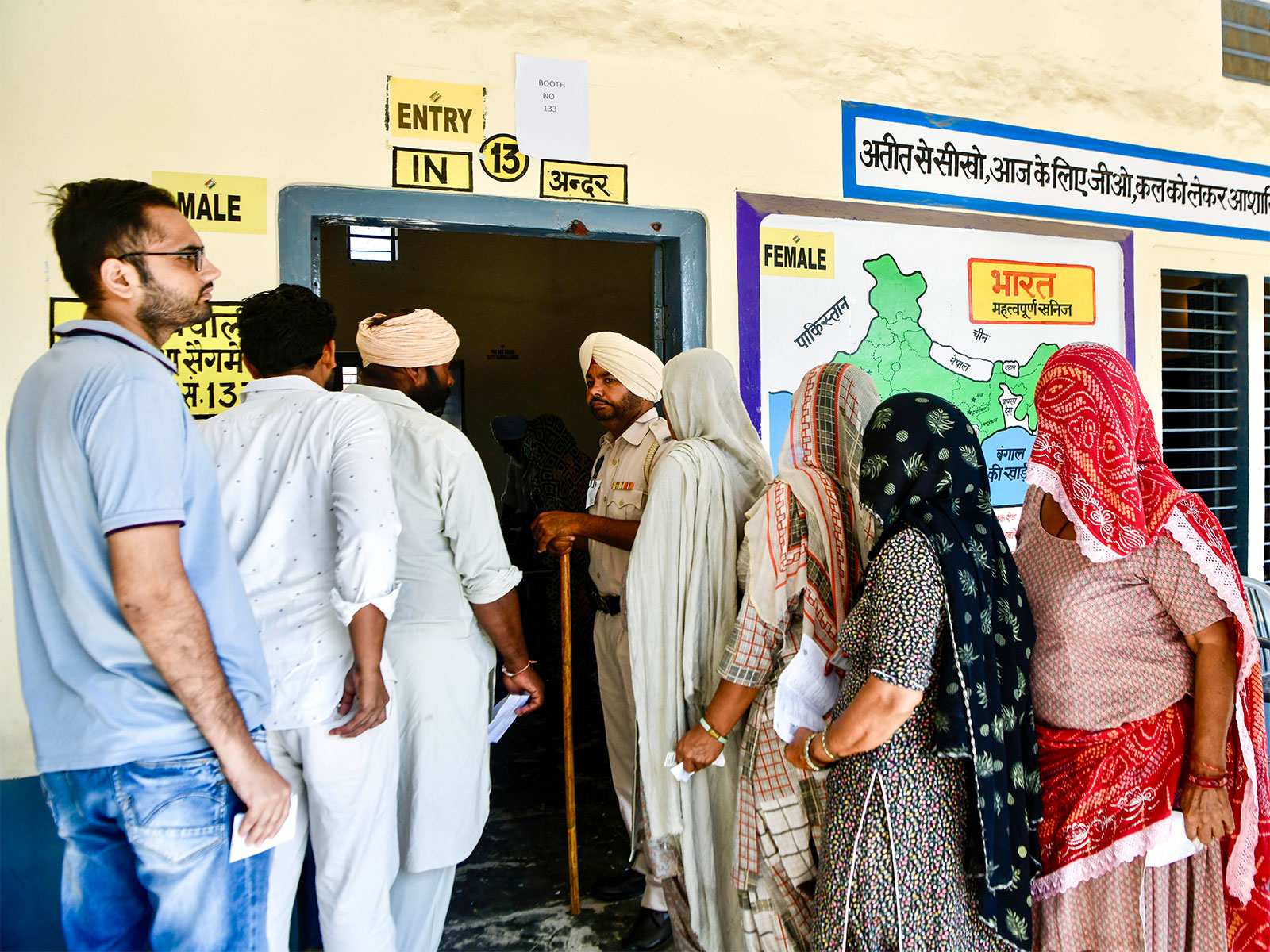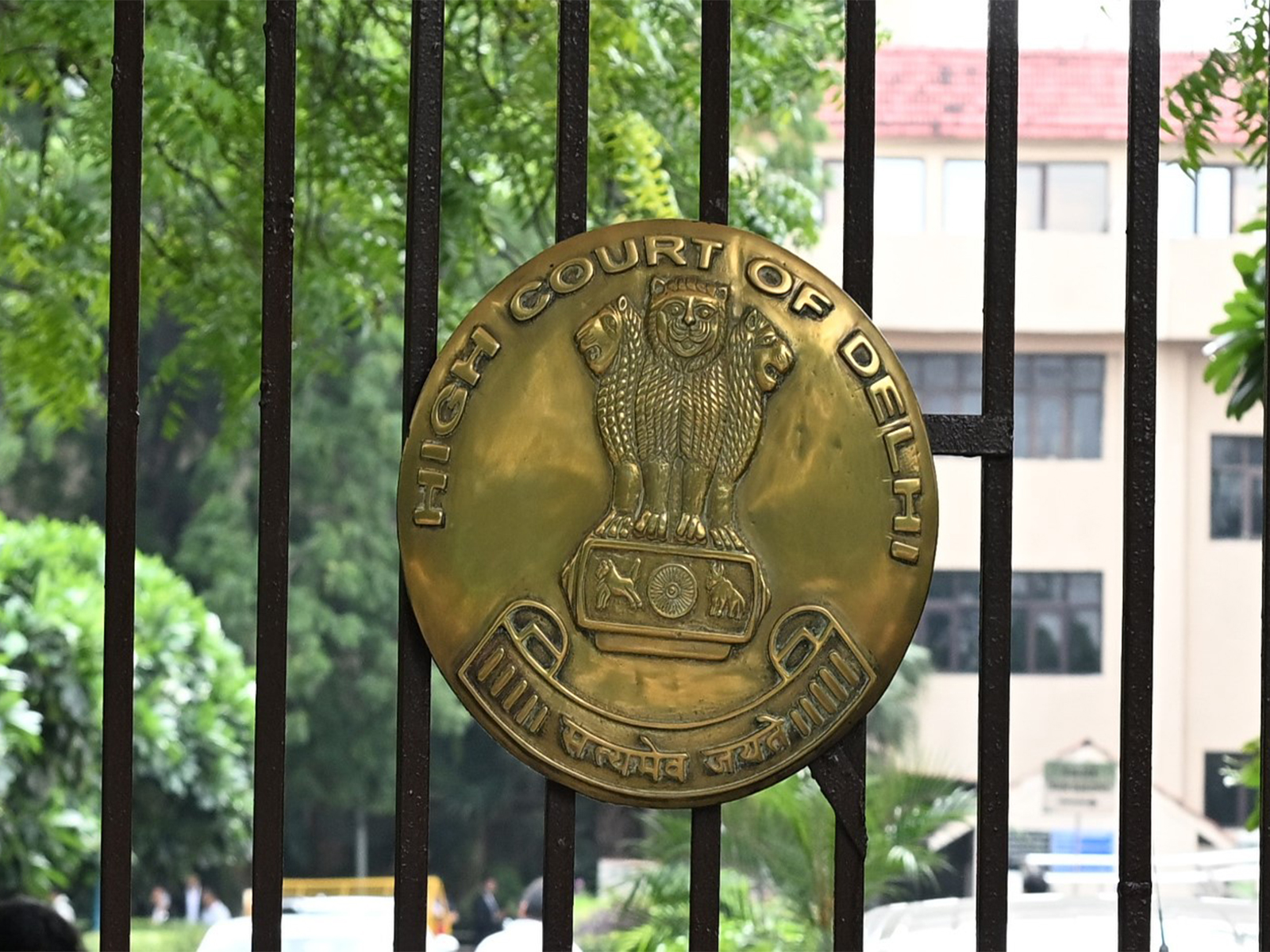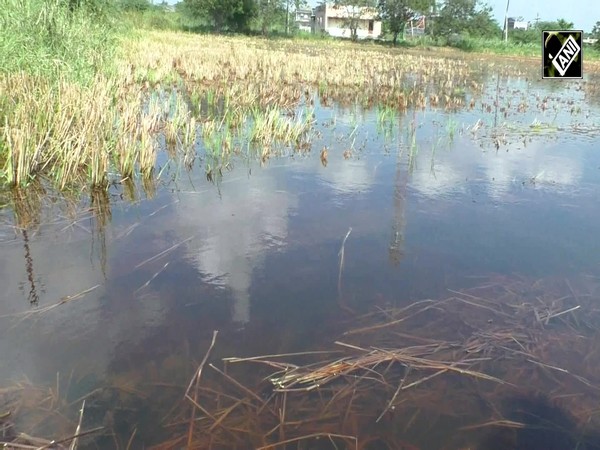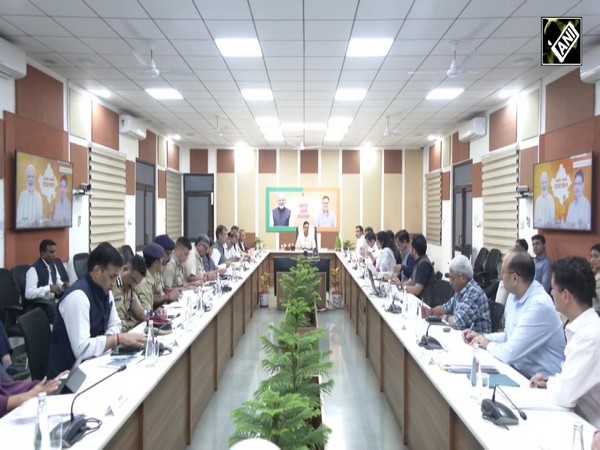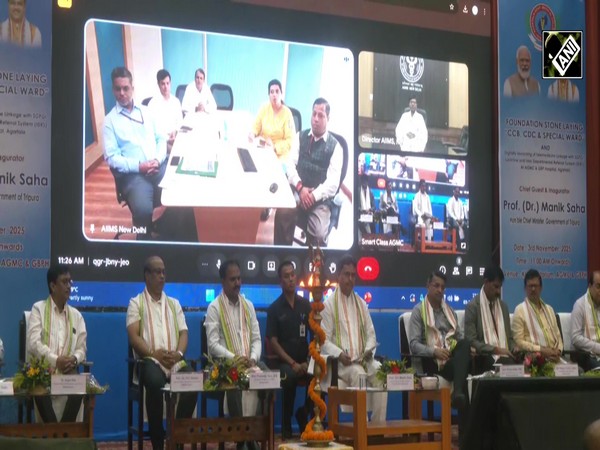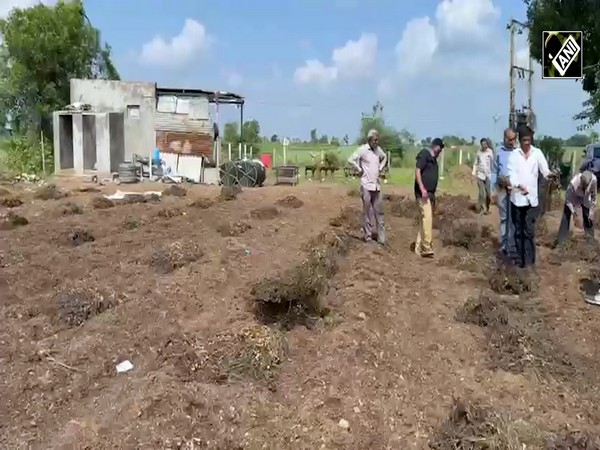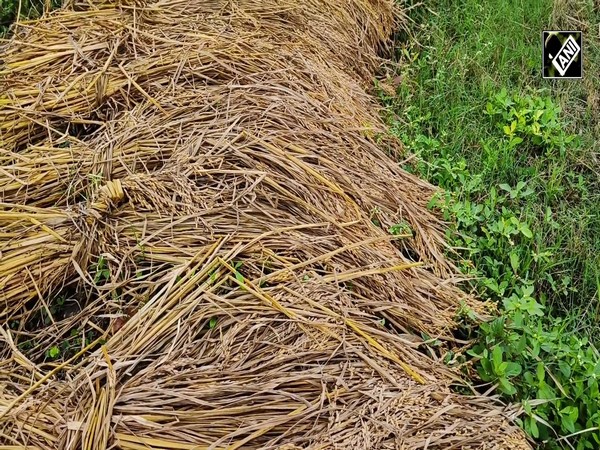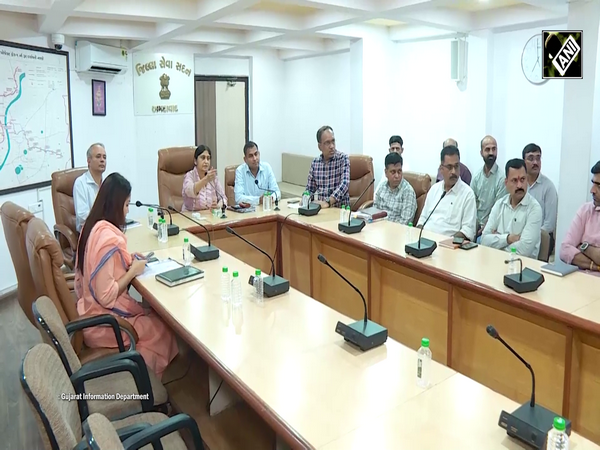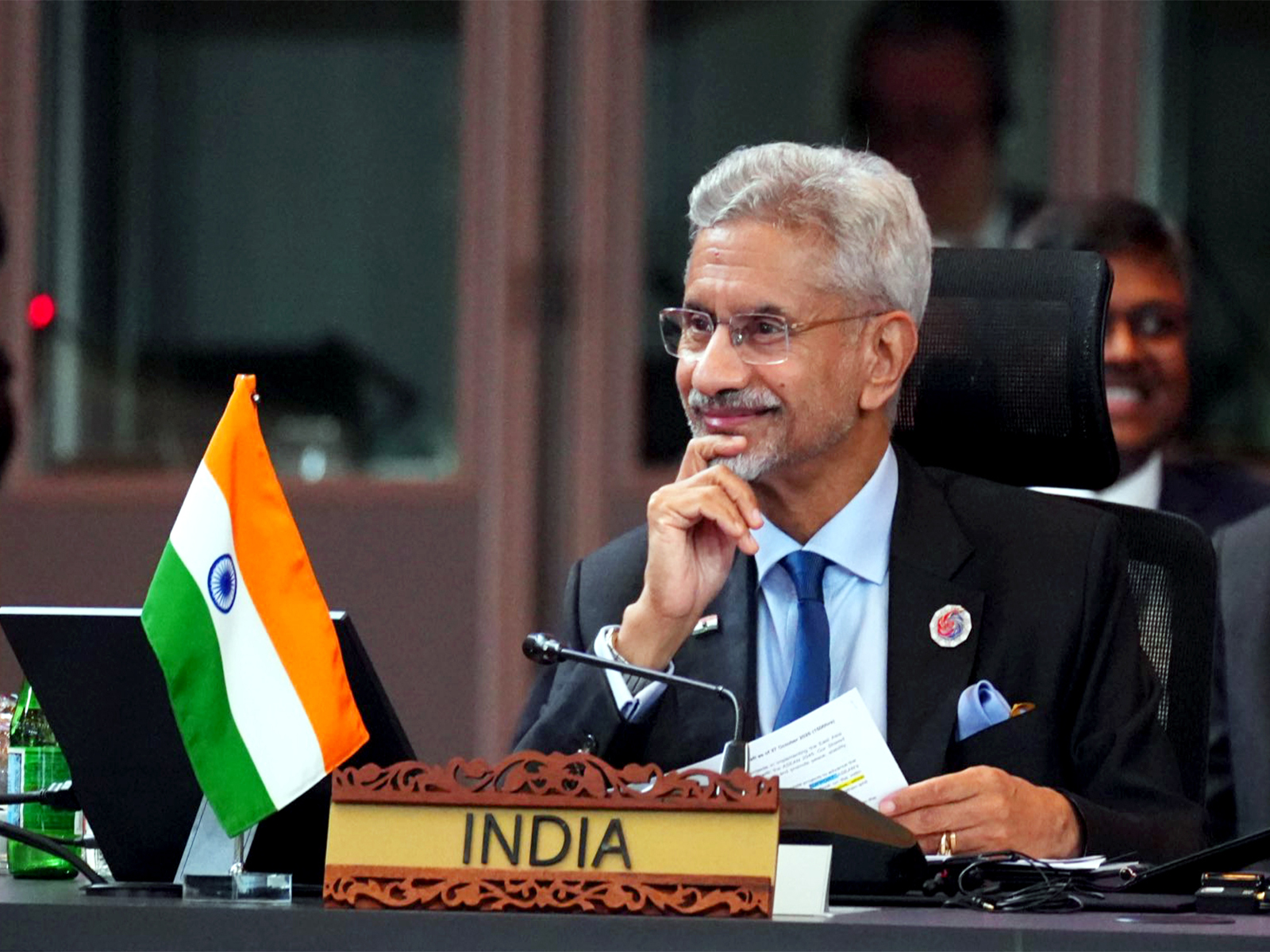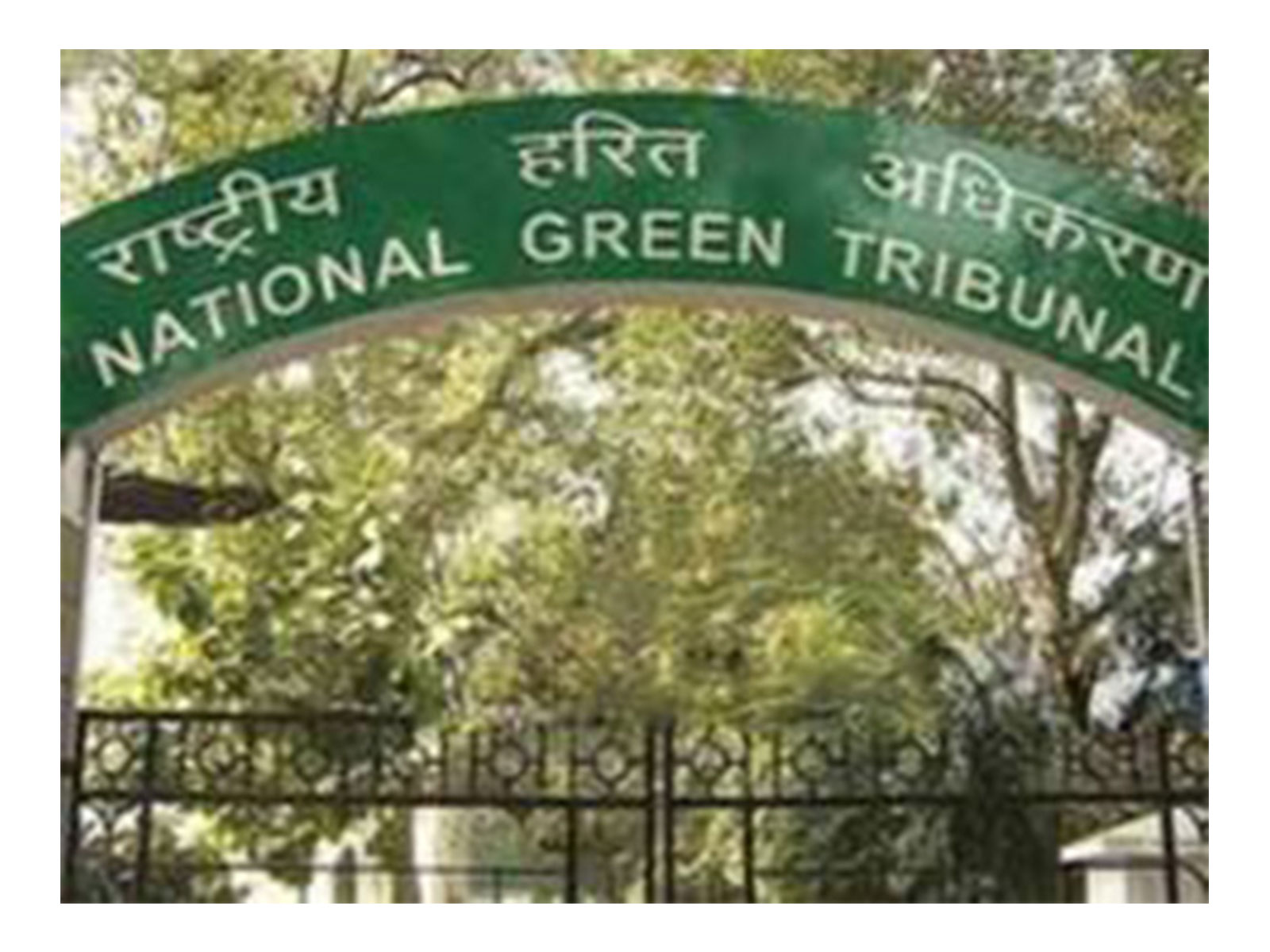
NGT seeks scientific review on asbestos roofing in schools, industry says asbestos-cement sheets safe and regulated
Nov 05, 2025
New Delhi [India], November 5 : The National Green Tribunal (NGT) on Wednesday has directed the Union Ministry of Environment, Forest and Climate Change (MoEF&CC) to review all scientific material and global best practices within six months and take an appropriate policy decision regarding the permitting of asbestos-cement roofing sheets and other asbestos-based materials used in schools, residential houses, and other buildings.
A Bench comprising Justice Arun Kumar Tyagi (Judicial Member) and Dr. Afroz Ahmad (Expert Member) also asked the Ministry to prepare guidelines covering the manufacturing, installation, maintenance, dismantling, and disposal of asbestos products, and to formulate an action plan with clear timelines for their safe management and disposal, in line with the Ministry's Vision Statement on Environment and Human Health.
The Tribunal observed that the health of children must be given paramount importance, and that the government should follow the precautionary principle under Section 20 of the NGT Act, 2010 while making decisions on asbestos use.
However, the Bench made it clear that, in the absence of specific scientific evidence, an order for immediate discontinuance or replacement of asbestos roofing across the country was "not warranted at this stage."
The NGT directed the MoEF&CC, in consultation with the Central Pollution Control Board (CPCB) and the Ministry of Education, to frame Standard Operating Procedures (SOPs) for safe handling and disposal of asbestos materials and to issue advisories to schools on the proper upkeep of existing asbestos-cement roofs.
"Children are a vulnerable group. In the face of scientific uncertainty, the benefit of doubt must go to public health," the Tribunal observed, while emphasising the need for precautionary regulation rather than abrupt prohibition.
The Fibre Cement Products Manufacturers' Association (FCPMA), representing the asbestos-cement industry, maintained before the Tribunal that asbestos-cement sheets are safe during normal use because the fibres are bound within cement and not released into the air under ordinary conditions.
The Association submitted that its members comply with all environmental and occupational safety standards, including those prescribed under the Factories Act, 1948, the Air (Prevention and Control of Pollution) Act, 1981, and relevant Bureau of Indian Standards (BIS) specifications.
It further argued that asbestos-cement products are economically viable, durable, and widely used in rural and semi-urban housing, and that any abrupt restrictions could adversely impact employment and small-scale manufacturing units dependent on the material.
"The asbestos-cement industry operates under stringent safety and regulatory frameworks, ensuring that products are handled, maintained, and disposed of safely," the FCPMA stated, urging a balanced and science-based policy approach.
Accordingly, the Tribunal directed the MoEF&CC to undertake an evidence-based review of global practices and domestic data and then decide on policies that are scientifically sound and socially practical.
The Bench also asked the CPCB to develop a Standard Operating Procedure for the safe disposal of asbestos waste to prevent re-entrainment of fibres, and directed the Ministry of Education to advise schools to maintain existing asbestos-cement roofs in good condition with protective coating, Follow BIS standards during any installation or maintenance work, and Ensure disposal of asbestos waste only at authorised facilities in accordance with the Hazardous and Other Wastes (Management and Transboundary Movement) Rules, 2016.
